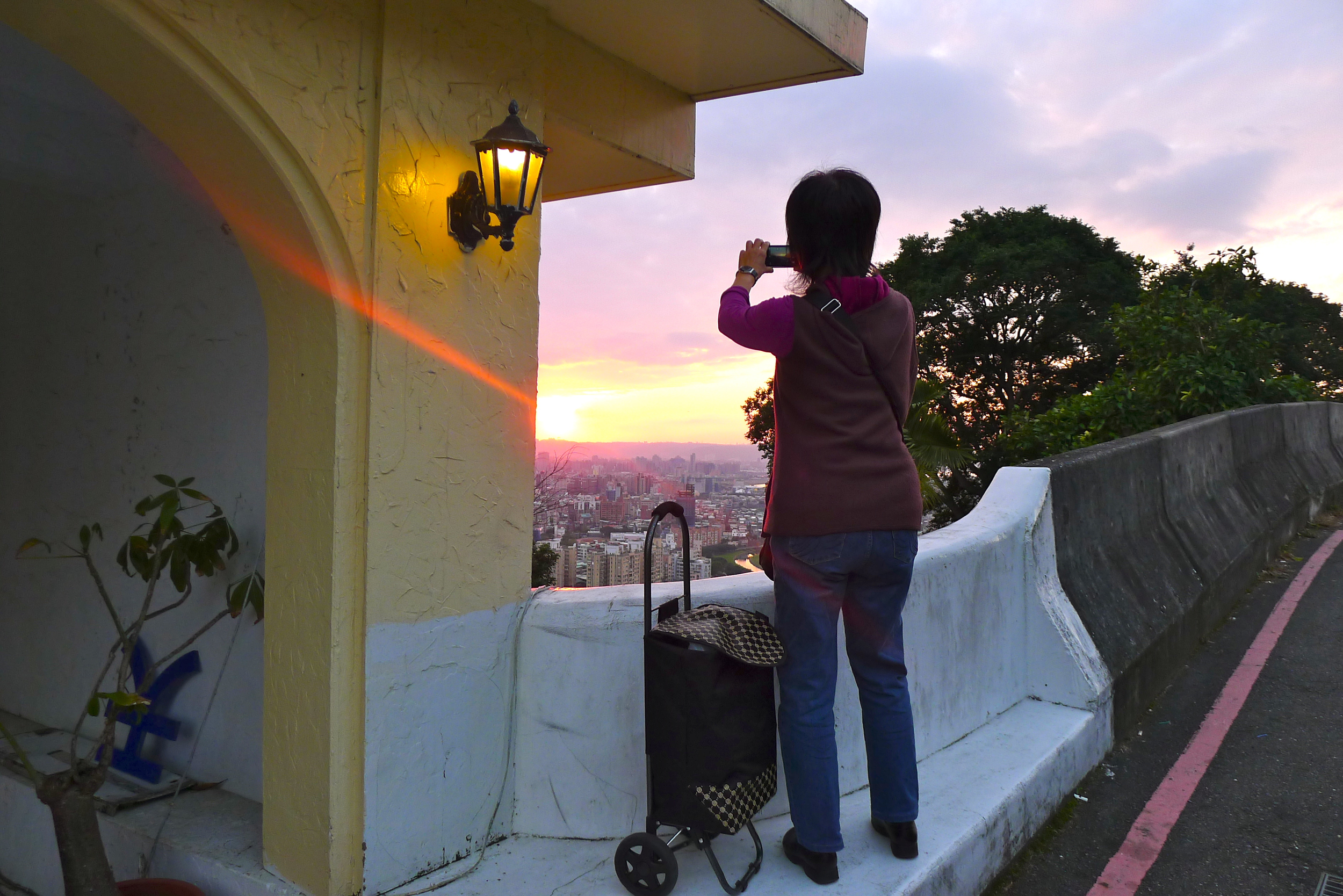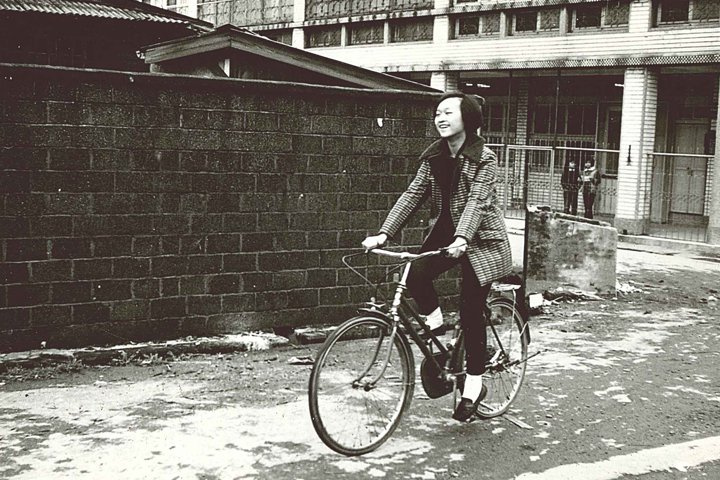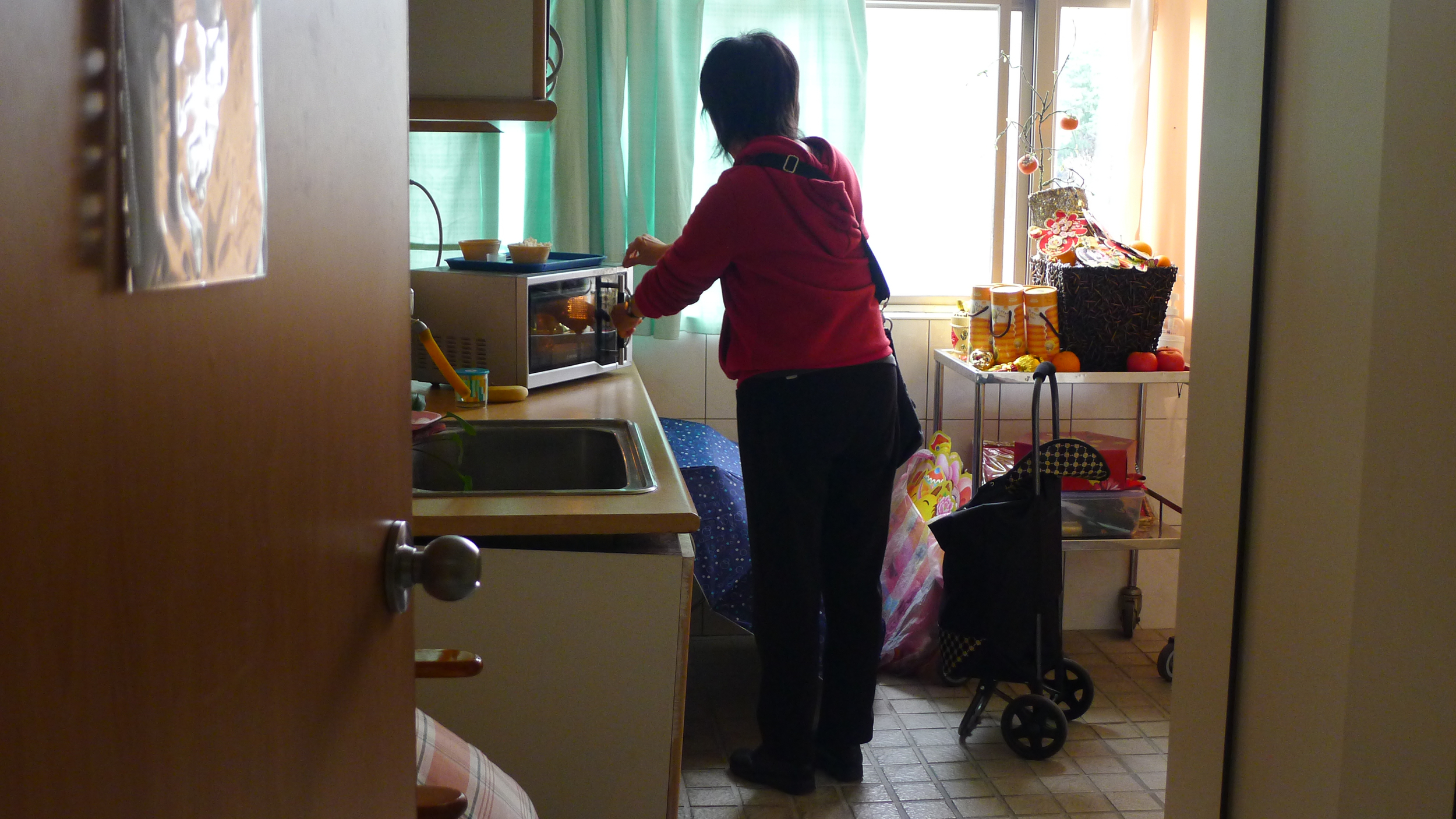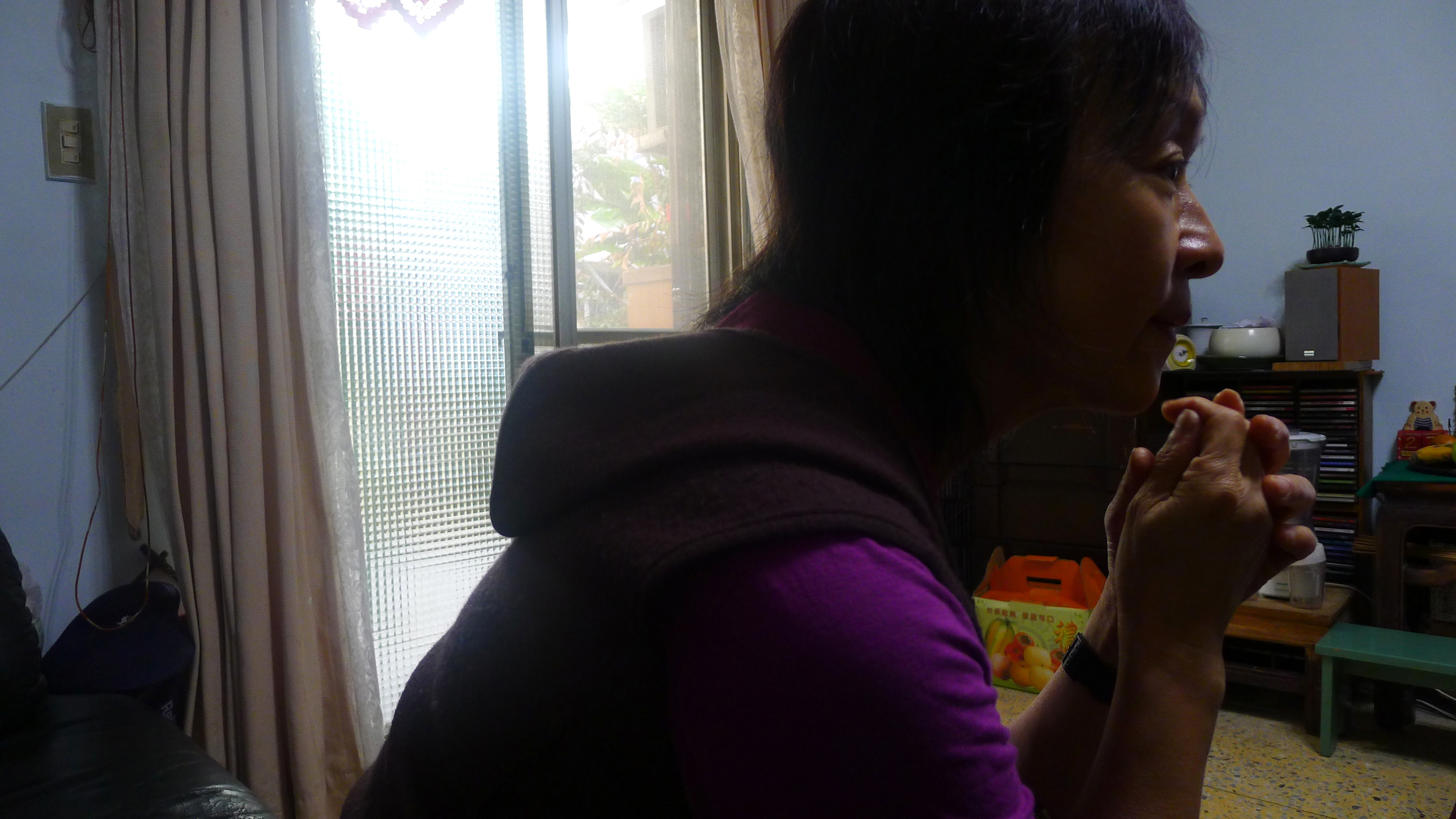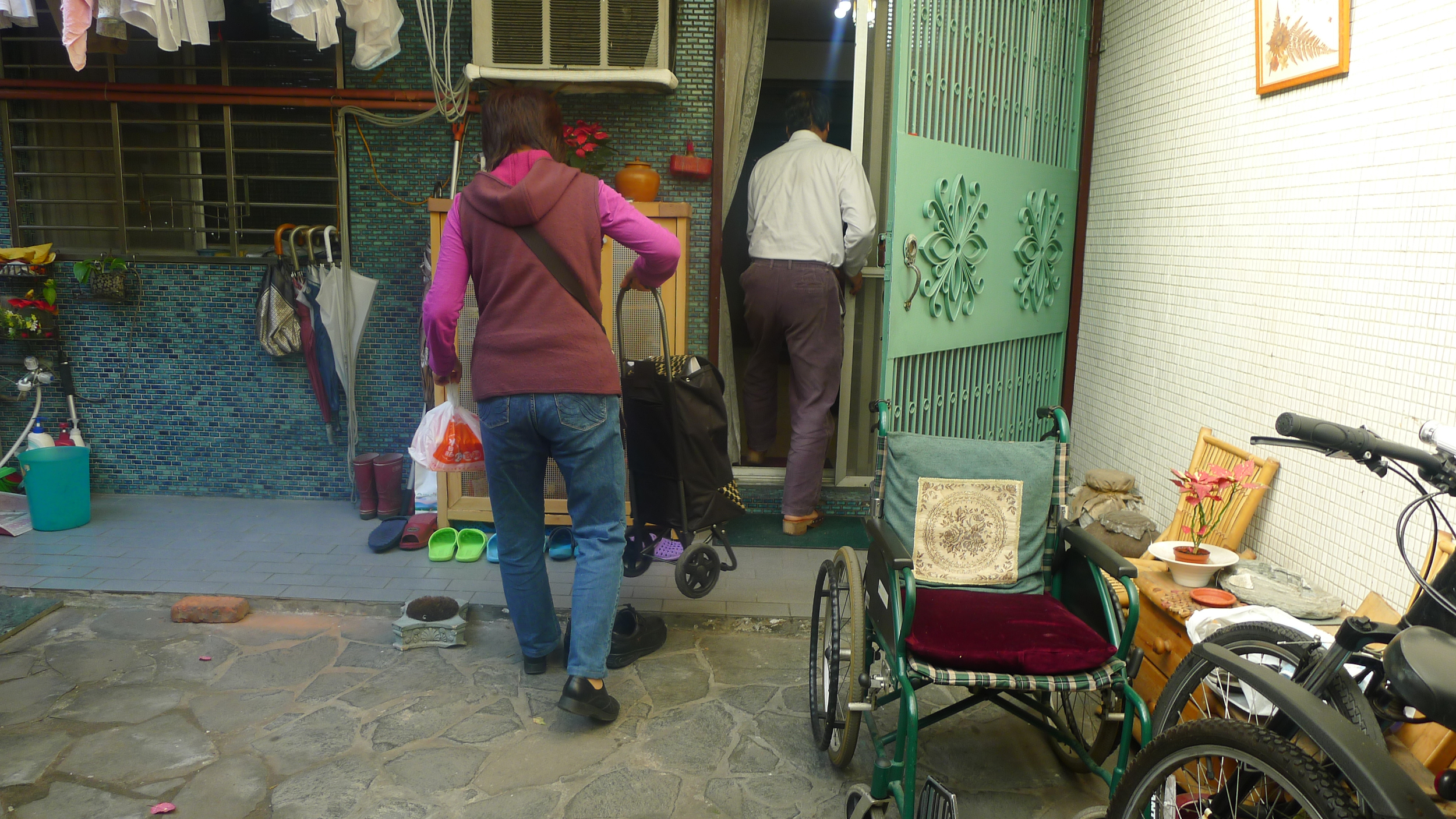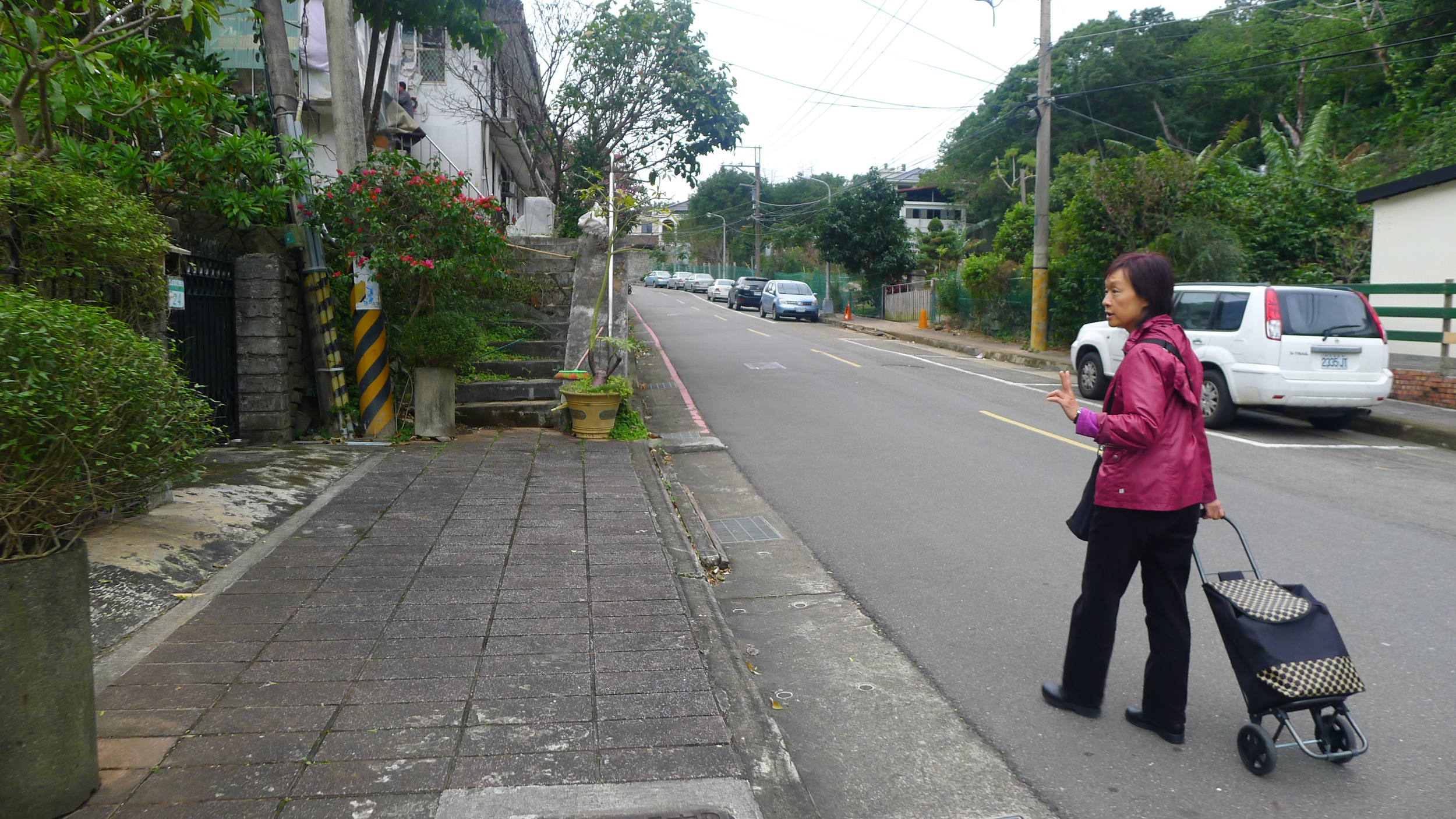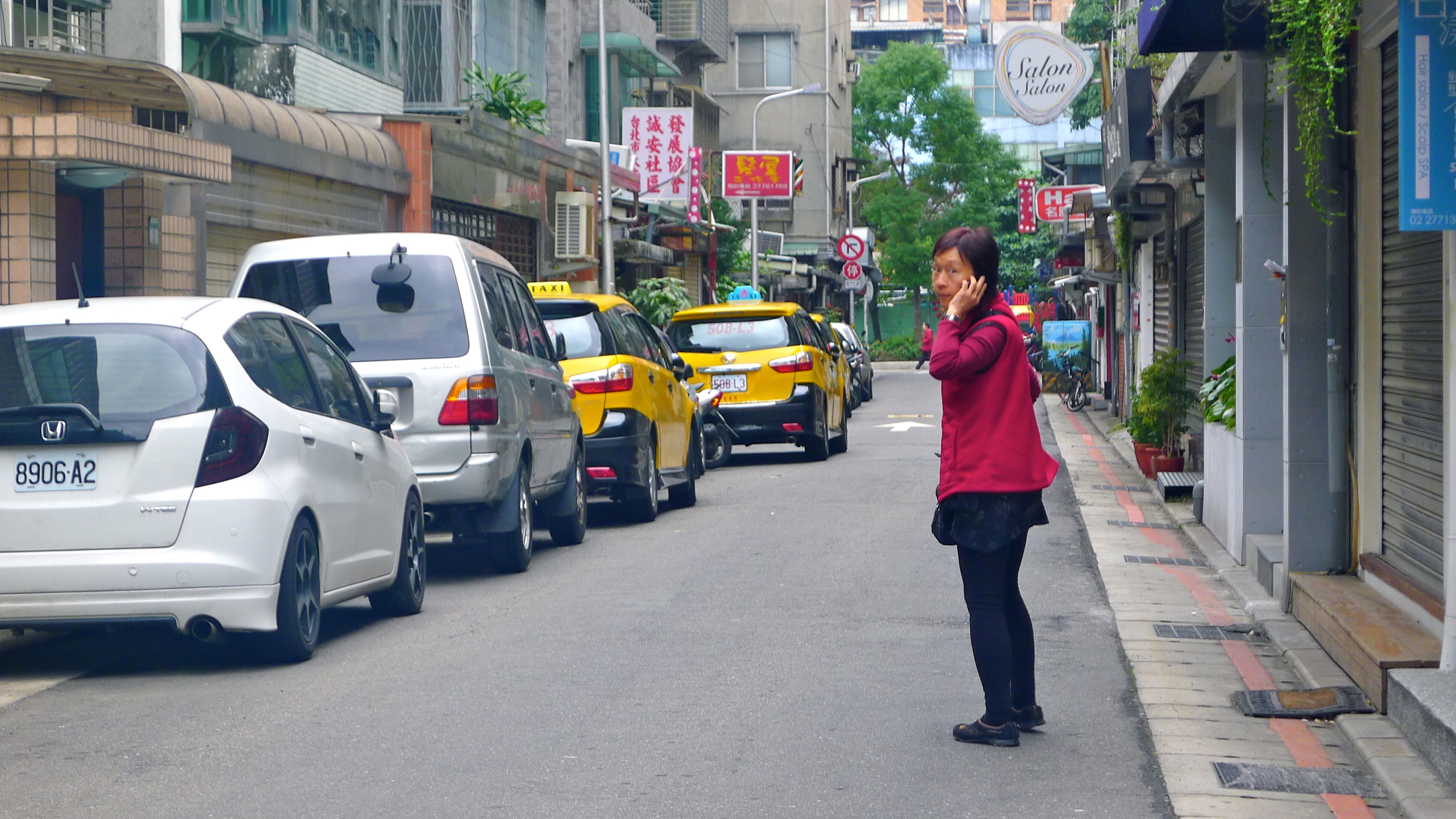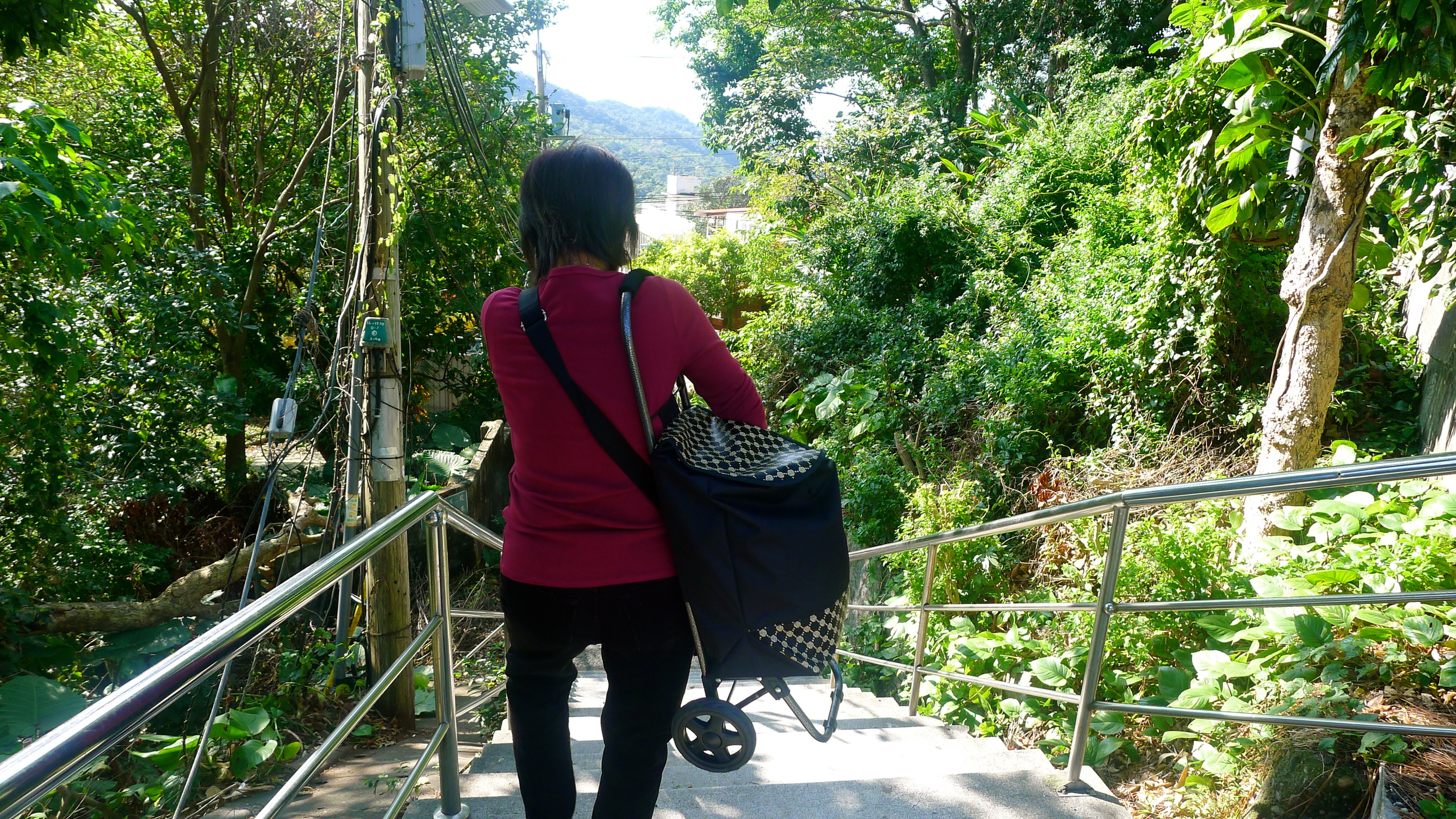Kavad: Mother Tongues
Chen Pei / Vanessa Huang
WHAT HAS IT BEEN LIKE FOR YOU TO PARTICIPATE IN MOTHER TONGUES?
Chen Pei
I recall the one and only mother-daughter project that Vanessa and I participated in was way back 20 years ago in a ceramic workshop in Oakland, CA. Although I have been a first-generation immigrant and single, working mother, there is no excuse for that. When Vanessa asked me to work with her on this project, I was so excited!
English language and communication skills have been my weakness areas as an immigrant. I attended a toaster master public speaking class long time ago. The topic of my first speech was: "East meet West, West meet East". I hope through this interview process, by sharing family stories, we can find our 中道 (midway) between the East and West to create a more peaceful, harmonious place for people surrounding us.
Vanessa Huang
After seven years away, I recently was able to gather in Taiwan across three generations on my mother's side for the first time since she returned to care for my grandmother. Witnessing my mother reconnecting with the ecology of languages, cultures, and environments she grew up with after 40 years in the States, and for us to have the space to talk story, laugh, come alive together in that space at this moment of our lives, was a gift.
Back on the island, immersed in mother tongue for the first time since I was a toddler living in Taipei, I began to recognize the poetry in my home language and its utterant desires from my own tongue. I wanted and needed to push myself to explore the yearnings of the multiple languages of aliveness, spirit, and survival we and the muscles our tongues inhabit across the seas.....honor our searching for something like Nepantla.
Our collaboration here became a welcome opportunity to 'create a listening place' with each other and in community with our peers along this journey together. During this process, I encountered an excerpt from Harryette Mullen’s letter-exchange with Barbara Henning by way of Hoa Nguyen. Mullen’s excerpt and Nguyen’s reflection felt right on time as I listened with my mother’s stories and offered my response: “Loss of original language and the textual return by way of language reformation: In her poems, Mullen shows us how to expose a fracture and enact a re-assemblage of retrieval. From Mullen I learned a kind of “coming back home” in language: how to put Osiris’s pieces back together.”
Interview Excerpt
VH: You mentioned that Wai Gong always told you he didn’t have a preference towards sons like other traditional Chinese families.
CP: Because he has two daughters. He has no regrets as long as he pass on his values and we follow and respect his values. Daughters can do as well as sons.
VH: Do you know why he didn’t? What about Wai Puo?
CP: Wai Puo, I don’t think she ever has any preference. I think they’re less traditional in this respect. Because Wai Gong’s father speaks fluent English. He was working in Shanghai so he was doing business with foreigners a lot. So Wai Gong’s family is not really traditional family. And also both Wai Gong Wai Puo left home early at 18 years, very young. That’s why most other traditional families during Chinese New Year or ancestors memorial holidays have to cook food to bai bai in their homes every year for several special days, but in our family we never do that because they left home early so we somehow missed that tradition which is very important.
VH: Now you do it, right?
CP: No, actually I’m not, but I just say prayers in my heart. I don’t cook food for ancestors. Right now my house is so small I don’t have a place. Normally they have a special area, table, pictures, fruits and food. I don’t have the set up. Well in my heart I do that. During Chinese New Year I took you to temple and we do that. Wrote our ancestors’ names with plaque then we pay respect in the temple. I starting to do that several years ago after I start to live again in Taiwan.
VH: Even though you didn’t grow up with this tradition, you’ve been an example to me with respecting ancestors and the elders, all people in our lives.
CP: To me it’s kind of just very natural. I don’t know, when I’m close to elder people, it make them happy to say something, give them food, make them happy, I feel very happy. I think probably has something to do with how I grew up with traditional values just embedded there.
VH: I’m realizing this too. Even though it has felt lonely separated from the big family of cousins and nieces and nephews previous generations grew up with, I am more and more aware of the ways you’ve taken responsibility to care for the people around you, made new family your whole lifetime, 40 years from Iowa and Chicago to California, now also with caring for and making friends with the other seniors Wai Puo and your dharma friends. That inspires me, and I know I can trace my own values to your example.
Vanessa's Poem for Chen Pei

